This heartfelt anthology celebrates the lesser-known cuisines of South Asian Muslims
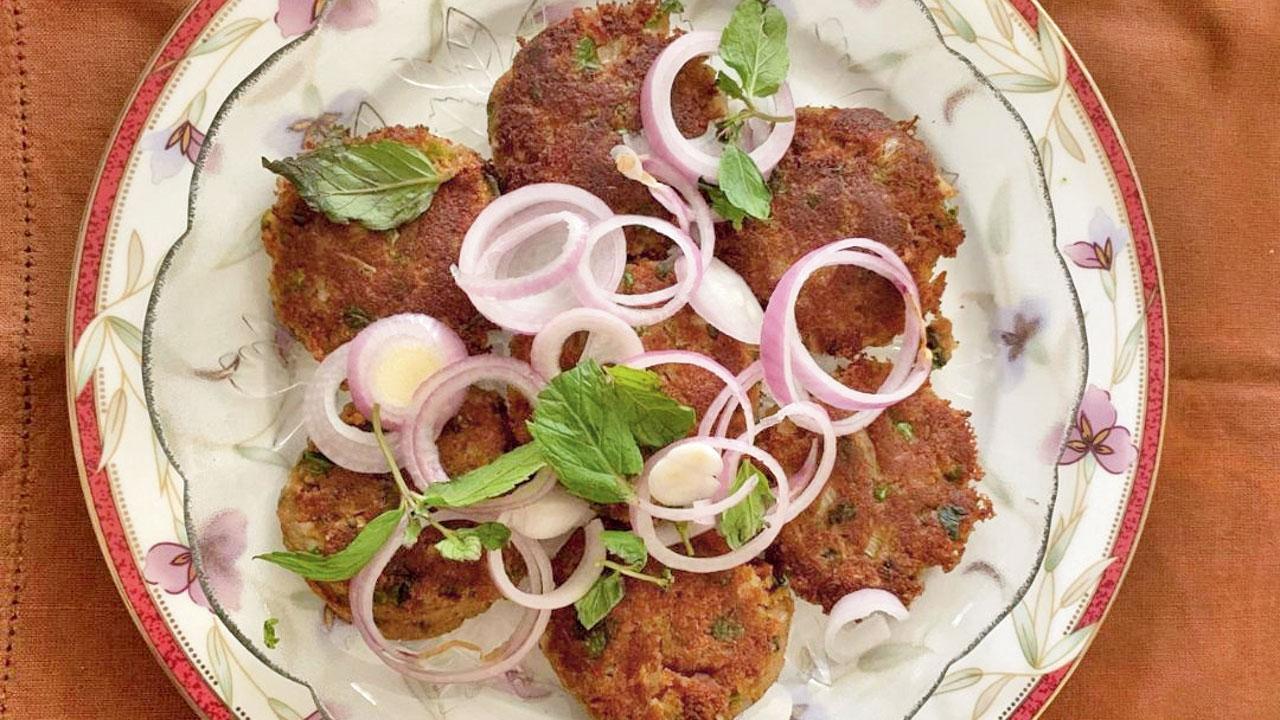
Shammi kebab
Nonchalantly sifting through the pages of Forgotten Foods: Memories and Recipes from Muslim South Asia (Pan Macmillan, R499) one evening, the first memoir by Pakistani journalist-writer Muneeza Shamsie’s A Family Culinary History had us absorbed. It transported us to a different era, swaying between India, Britain and Pakistan, post-Partition, through the eyes of a family known for their elaborate brunches that ranged “from desi nashta such as paya, nihari and aloo puri, to an eclectic mix of Euro-Anglo-American food including paté de foie gras, waffles, scrambled eggs and several salads” made by their cook, Maqbool, who had worked in the royal kitchens of Khasbagh Palace.
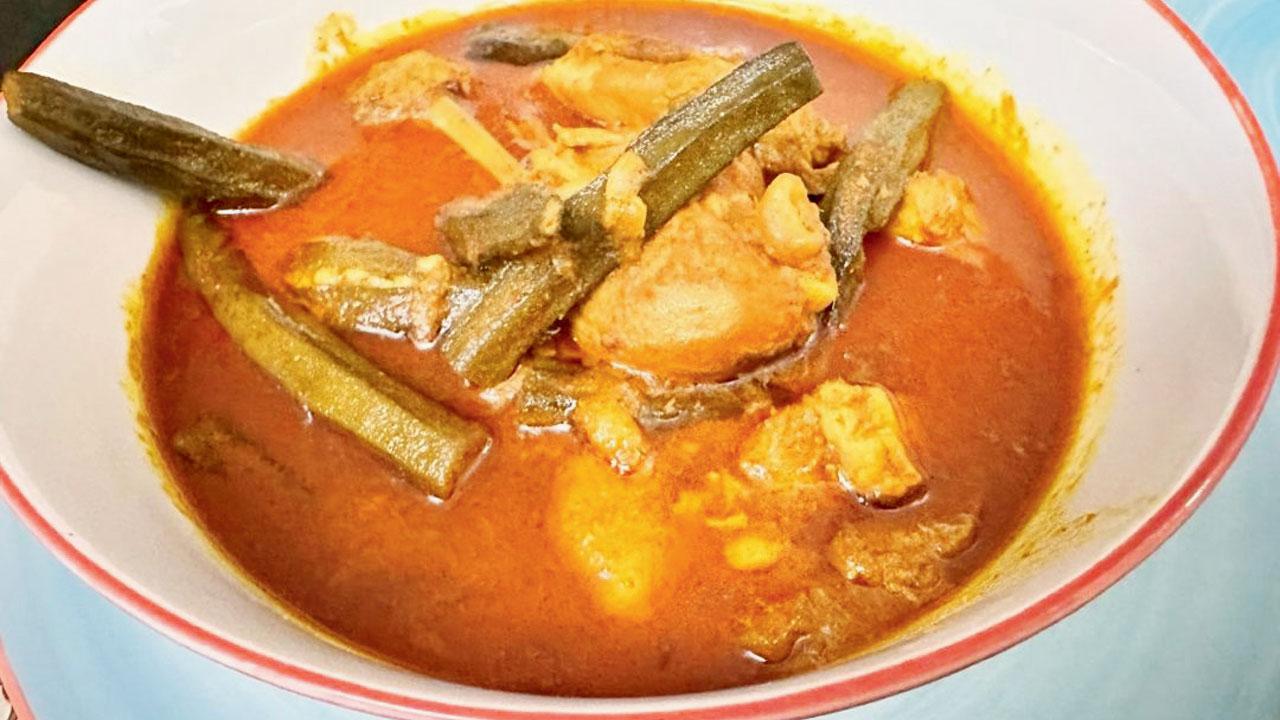
Bhindi qatliya
Through 33 non-fiction essays by historians, literary scholars, plant scientists, heritage practitioners, writers, brilliantly edited by Siobhan Lambert-Hurley, Tarana Husain Khan and Claire Chambers, one gets to explore the prevalence of South Asian Muslim foodways in unassuming places such as Sri Lanka, Manipur and Ladakh, alongside stories from Bengal, Bhopal, Hyderabad, Rampur, Delhi, Lucknow, London, Lahore, Karachi and beyond.
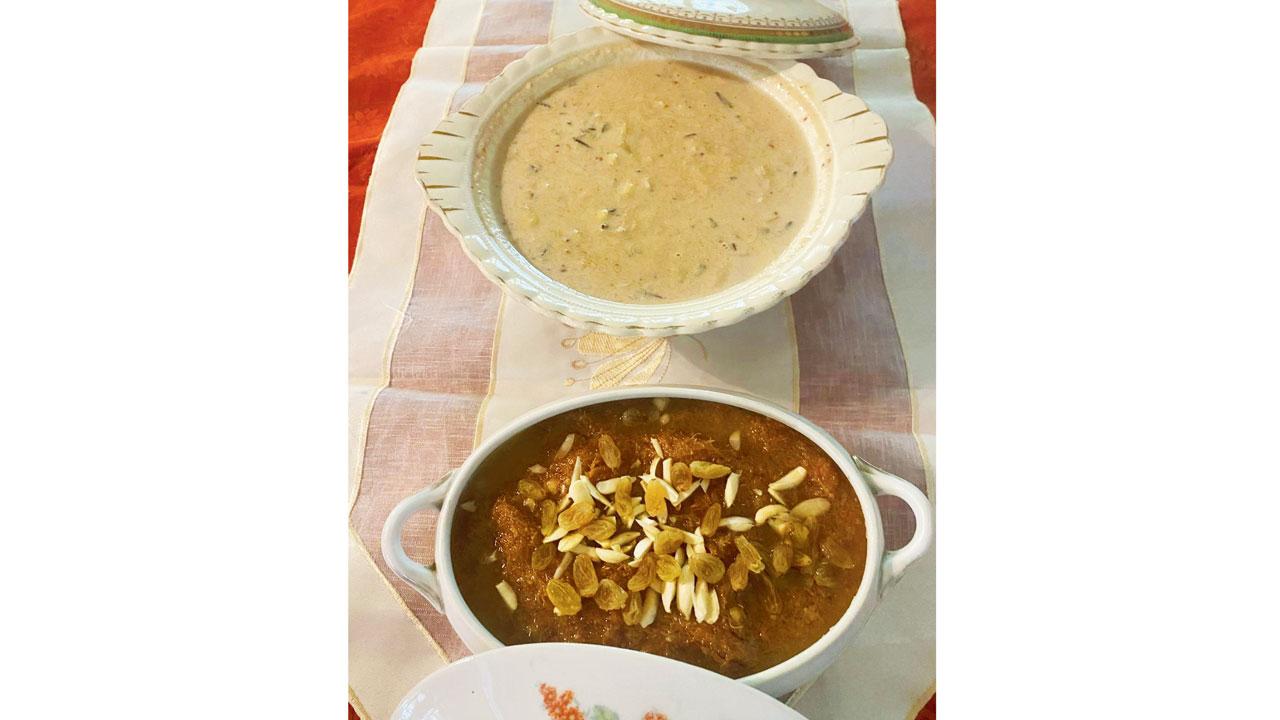
Phirni and Qimami sevaiyan
Another one that piqued our interest was a view into the life of poet Faiz Ahmed Faiz’s. Shared by his daughter, Moneeza Hashmi, it draws our attention to hot dishes that transcend borders, alongside cold meals, influenced by their British mother—served on a rickety table, draped with a tablecloth brought from Mozang area of Lahore. We witness the tightrope on which Sri Lankan Malay cuisine walks on, through Rizvina Morseth de Alwis’ Malay achar and watalappan (cardamom flavoured custard) exemplifying how original dishes evolve to create new flavours whilst retaining their cultural significance.
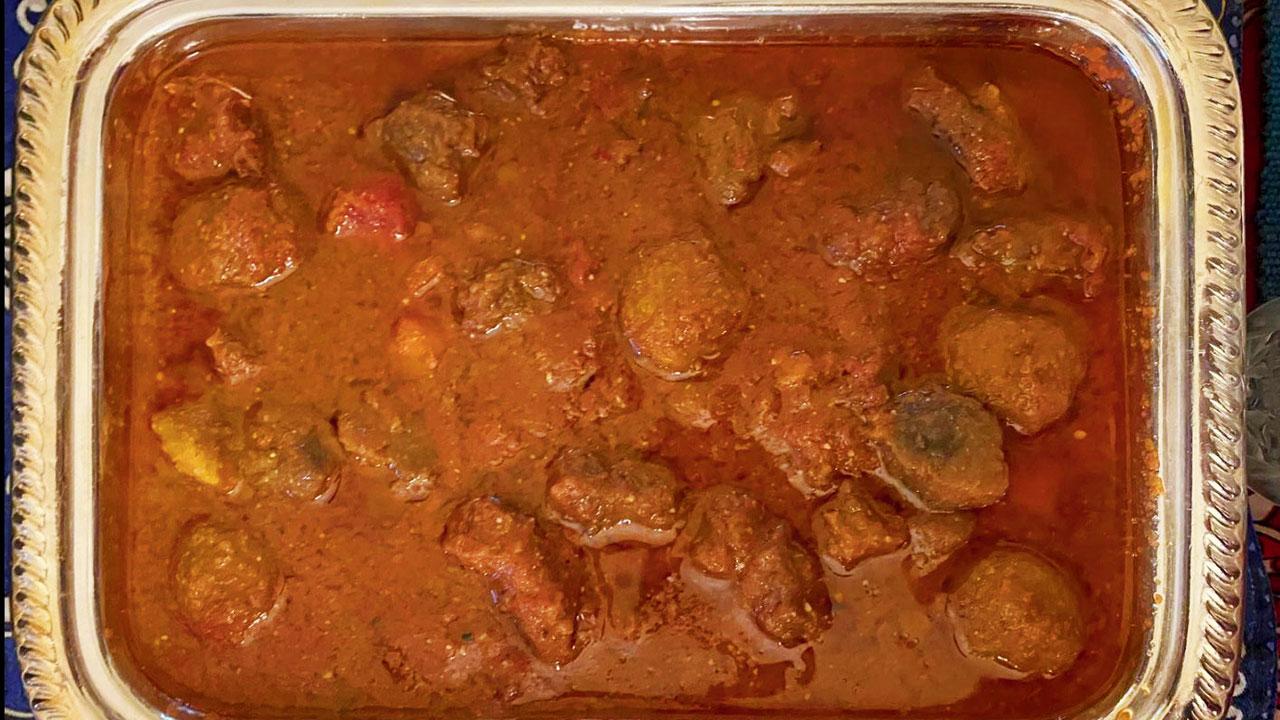
Rampur ka shab deg
A lesser-known cuisine is that of Manipur’s Pangal community, or the Meitei Muslims documented by Mohammed Chingiz Khan which depicts its close ties to the dietary traditions of marginalised groups and its challenging nomenclature of dishes and ingredients—ngari (fish), sajouthongba tokningkhok (medicinal plants), for instance. Then, Tarana Husain Khan takes us to visit Rampur’s paddy fields on a quest to bring back heritage rice varieties to our food palettes and grocery lists. And Rana Safvi introduces us to the joys of Indian flatbreads.
One cannot ignore the politicised nature of food in the country. Especially now. The chapter, You Are What You Eat, is accompanied by a recipe for soybean biryani. The title reads, “In memory of Junaid Khan” as it was the favourite dish of the 15-year-old boy who was lynched in 2017 over a fight onboard a train and reportedly called a beef eater during the attack.
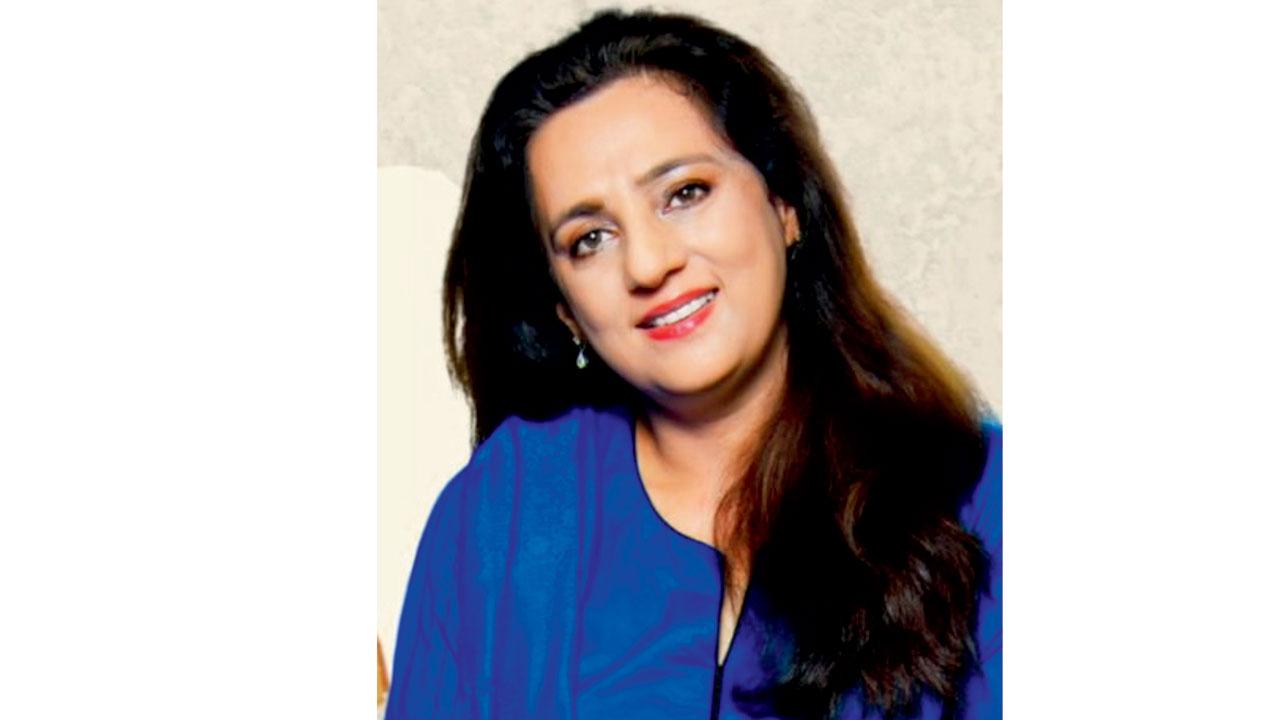
Tarana Hussain
The book shows how profoundly Muslim kitchens have reshaped culinary practices, enriching South Asian food and making it what it is today. A robust documentation like this is a must, else, the rich heritage, recipes, and culture may fall prey to oblivion.
While the culinary diversity showcased in the book comes as a delightful surprise, this writer, a Kokni Muslim—a community that traces their ancestry to Arab traders who visited the Konkan coast between the seventh and eighth centuries AD and has a history of rich cuisine—is saddened by the fact that the cuisine from her hometown, despite being documented by scholars has been left out. Next time, perhaps.
 Subscribe today by clicking the link and stay updated with the latest news!" Click here!
Subscribe today by clicking the link and stay updated with the latest news!" Click here!








